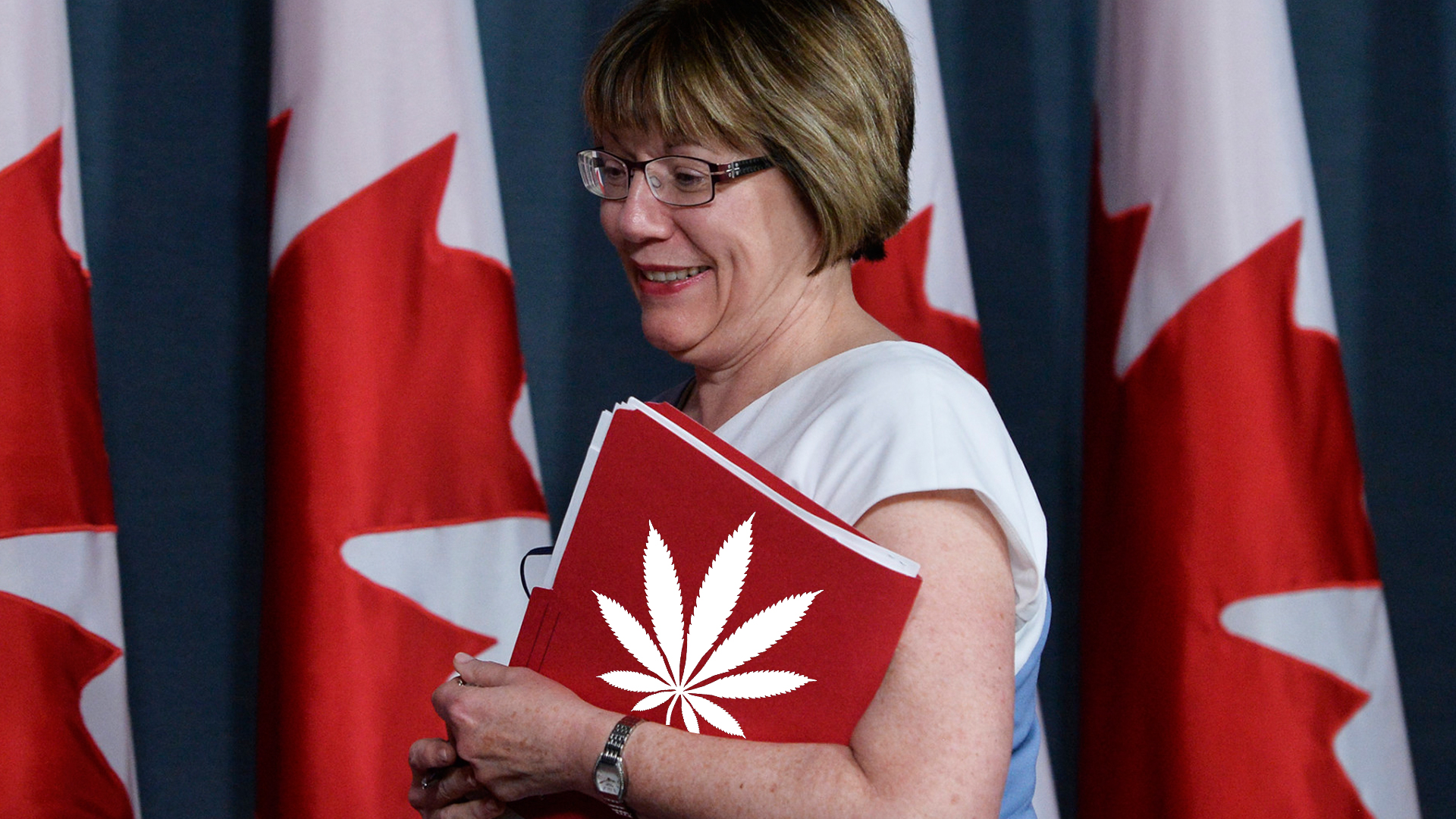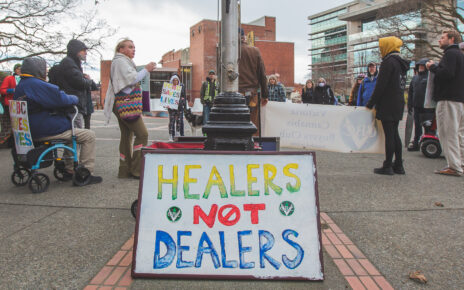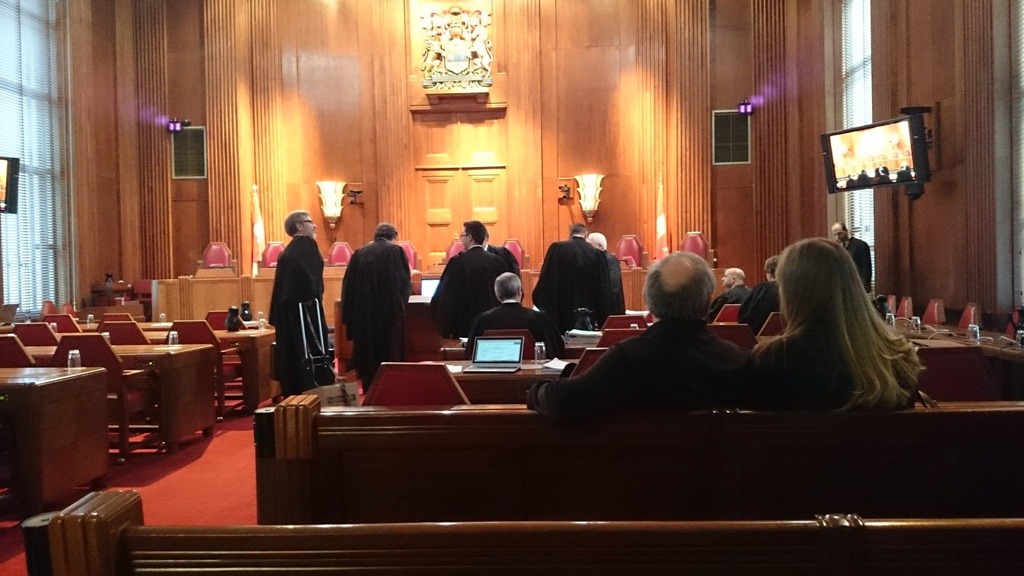A federal task force on legalization is expected to release its final recommendations to the Liberal government next week and many in the cannabis field fear the worst. Lead by Anne Mclellan, this team of doctors, lawyers and law enforcement experts was formed by Bill Blair, the MP who is ultimately responsible for the legalization portfolio. In the summer the task force released a number of online surveys and conducted several closed-door meetings to collect information, though it seemed clear from the tone of the surveys that the government has already made up it mind about some issues and only did a public survey to give the appearance of listening.
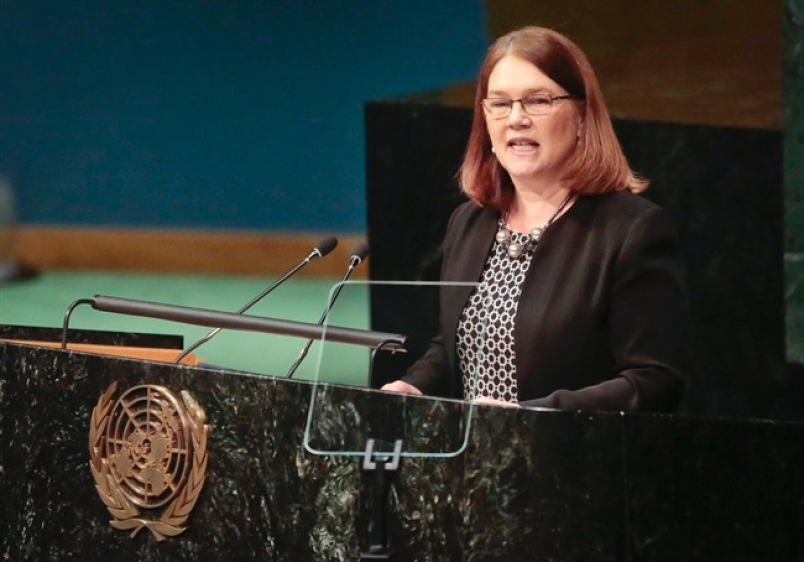 While there is a unique opportunity for the government to bring an established network of producers and distributors into a legal system, all indications suggest the task force is likely to urge the Liberals to attempt to replace illegal operators with large corporations. With some experts claiming the future Canadian cannabis market may be $20 billion a year or greater, there is a great deal of money at stake and big companies like Shoppers Drug Mart are already indicating they want in on the action. But there is far more than money at stake and the government does not seem to realize it.
While there is a unique opportunity for the government to bring an established network of producers and distributors into a legal system, all indications suggest the task force is likely to urge the Liberals to attempt to replace illegal operators with large corporations. With some experts claiming the future Canadian cannabis market may be $20 billion a year or greater, there is a great deal of money at stake and big companies like Shoppers Drug Mart are already indicating they want in on the action. But there is far more than money at stake and the government does not seem to realize it.
Under the Conservative government the medical cannabis programs were significantly changed from the original programs which allowed patients and their caregivers to grow their own medicine to a new scheme that attempted to establish a marketplace for large corporations to take over the supply. Fortunately the new scheme, the Marijuana for Medical Purposes Regulations, was challenged in court and patients have retained the right to grow for themselves, making these Licensed Producers even more desperate for cash as their potential clientele list shrink significantly. These corporations want full control of the legal market and are lobbying hard as you read this.
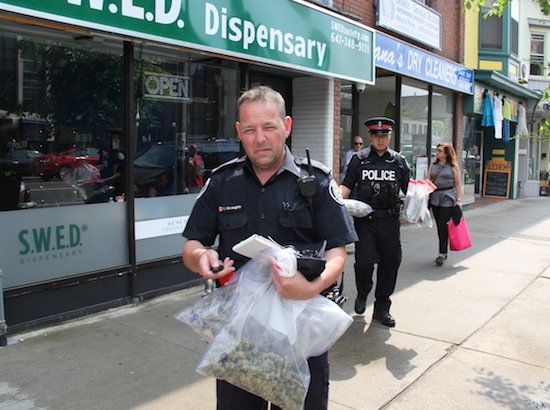
Meanwhile across the country dispensaries have been popping up faster each month, despite police raids that usually only temporarily close a storefront. These illegal operations have existed outside the legal system for years, and while in the past most clubs were very strict about requiring doctors information, many new cannabis storefronts are now openly selling to adults. To complicate things even further, cities like Victoria are in the process of issuing business licenses to some dispensaries, something that had started before the Liberals were elected last fall.
Provinces have been waiting for clarification on several jurisdictional issues, though several like Quebec, Alberta and Manitoba seems to have little interest in implementing any distribution system. In fact some of the surveys suggest the government may even consider creating a mail order only system, exactly like what they have created for patients under the MMPR. This would make some provinces happy but cash starved Ontario has already hinted they are desperate enough for the cash to be keen to legalize cannabis.
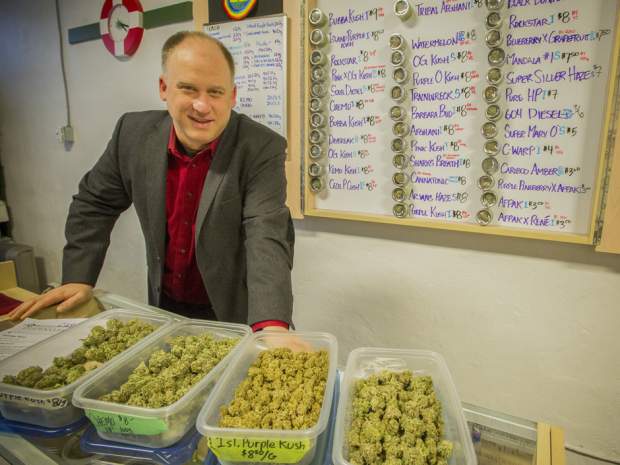 For provinces the big debate will be whether to allow private, small stores to sell cannabis, whether only government owned stores will be able to distribute or if the regulations are written in a way that dramatically favour large business, like the MMPR. The only province that could easily convert currently illegal dispensaries over into a legal system is BC, though Ontario is certainly catching up. It is expected most provinces will resort to selling from government owned stores, as that seems the easiest route to take.
For provinces the big debate will be whether to allow private, small stores to sell cannabis, whether only government owned stores will be able to distribute or if the regulations are written in a way that dramatically favour large business, like the MMPR. The only province that could easily convert currently illegal dispensaries over into a legal system is BC, though Ontario is certainly catching up. It is expected most provinces will resort to selling from government owned stores, as that seems the easiest route to take.
As for supply, it appears the task force will likely insist that any cannabis products legally sold comes from LPs, something that would be a disaster to the existing industry. In my responses to the federal surveys I tried to make it clear that anything but giving licenses to current illegal operators will only cause more problems than it would solve. With such a massive potential future market, there is no reason to think these new big companies cannot share some of the pie with the cannabis community that fought to get it legal in the first place.
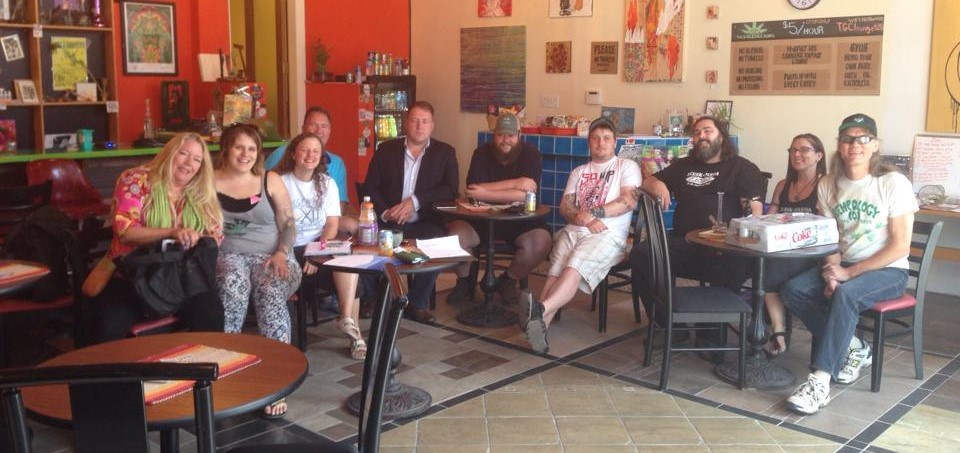 Several activists in Victoria have gathered together under my lead to help lobby the province, as we truly feel there is a possibility for a unique BC system that will bring massive revenues in tourism and exports. However, that depends greatly who gets elected next spring and what their platform is. It is our intention to make sure all major parties in BC realize the huge potential for this industry by getting them to support craft growers, smoking lounges and value-added products.
Several activists in Victoria have gathered together under my lead to help lobby the province, as we truly feel there is a possibility for a unique BC system that will bring massive revenues in tourism and exports. However, that depends greatly who gets elected next spring and what their platform is. It is our intention to make sure all major parties in BC realize the huge potential for this industry by getting them to support craft growers, smoking lounges and value-added products.
For those who have worked in the cannabis field under prohibition, legalization should represent a chance for us all to fully engage with the legal world. Instead, legalization appears to be a corporate takeover. Hopefully the task force will help everyone flourish in the new legal cannabis world.

